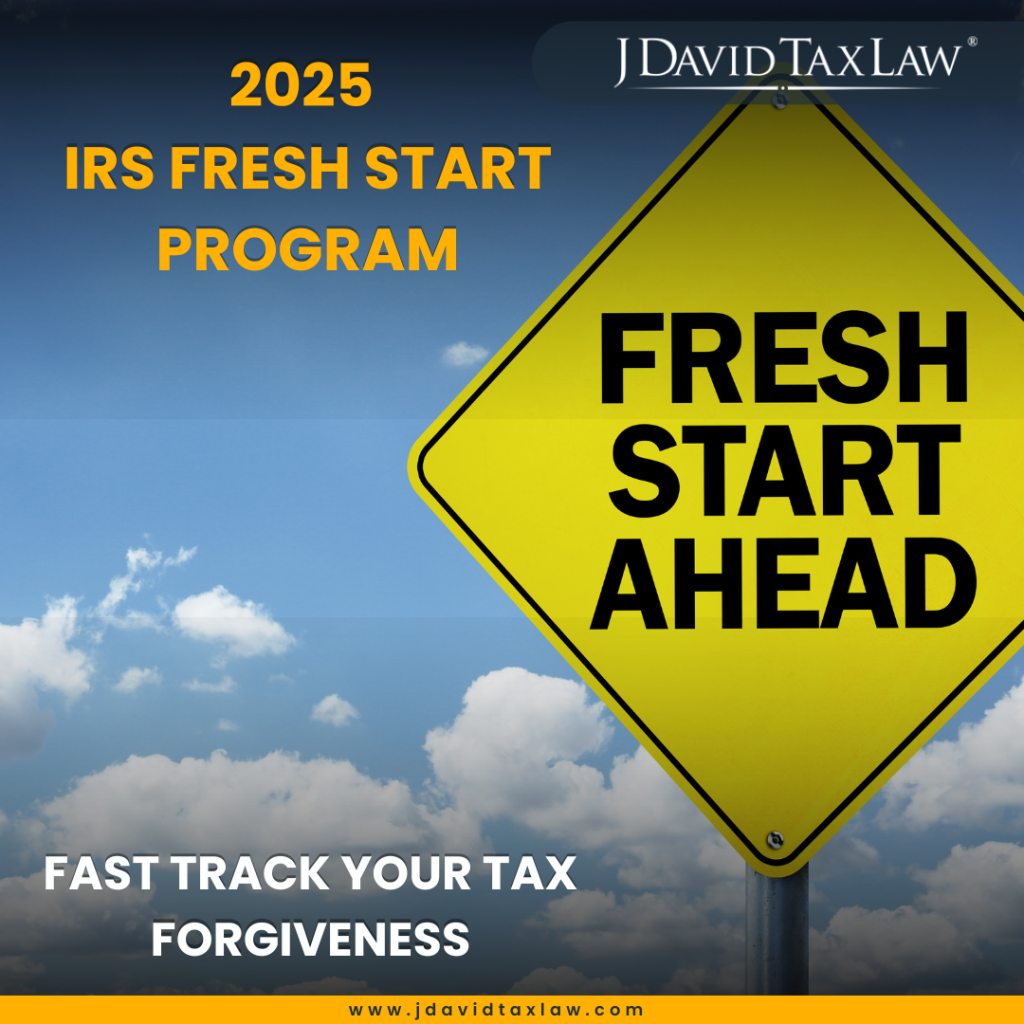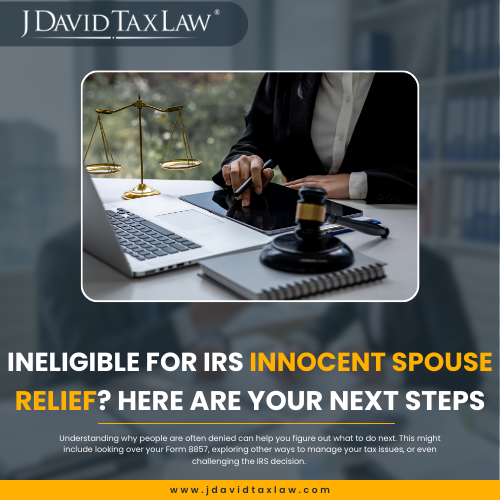IRS 10-Year Rule: Does the IRS Forgive Tax Debt After 10 Years?
Does IRS tax debt expire after 10 years?
Yes, but not automatically. The IRS typically has 10 years from the date it assesses a tax debt to collect it. This timeframe is known as the Collection Statute Expiration Date (CSED). Once the CSED passes, the IRS can no longer legally collect the debt, unless specific actions have been taken or extended the period.
In 2025, the IRS is placing greater focus on debts approaching their expiration dates. With increased funding from the Inflation Reduction Act, enforcement efforts are expected to rise. Taxpayers with debts from 2015 or earlier may find their cases reviewed before the 10-year window closes.
Here is why that matters:
- The IRS monitors debts nearing expiration more closely than many realize
- Events like installment agreements or Offers in Compromise can pause the 10-year clock
- Many taxpayers are unaware that their expiration period has been extended
If your IRS tax debt is approaching 10 years old, do not assume you are safe. It is essential to comprehend how the statute operates and what factors may delay its implementation.
What Has Changed and Why It Matters
The rules have not changed, but the urgency has. The IRS is utilizing new resources and methods to locate taxpayers with nearly expired debts and collect from them before the deadline passes.
IRS Focus on Expiring Debts
Many tax professionals anticipate that in 2025, the IRS will prioritize accounts nearing the end of their 10-year collection window, especially given the agency’s increased funding and enforcement capacity under the Inflation Reduction Act. With increased staffing and new technology funded by the Inflation Reduction Act, the IRS is working harder to seize funds before the statute of limitations expires.
Who Is Most at Risk?
- Taxpayers with assessments from 2014 to 2016
- Self-employed individuals who ignored IRS notices
- Business owners with older returns or missed filings
- Anyone who paused the IRS clock by requesting relief, filing bankruptcy, or appealing collection actions
If you fall into one of these groups, you are at increased risk of being targeted in 2025.
How the IRS Can Find You
Even if you think the IRS has forgotten about your tax debt, they have not. With advanced tools and legal authority, they can locate your income, bank accounts, property, and more.
Anonymous Tips
- Anyone can report tax fraud using IRS Form 211
- Common sources include ex-spouses, former employees, or business partners
- Whistleblowers can receive up to 30 percent of what the IRS collects based on their tip
Data Matching
The IRS uses software to automatically match your tax returns with third-party records. This includes:
- W-2 and 1099 forms
- Real estate transactions
- Bank interest and crypto exchanges
- Investment income
Any mismatches between what you report and what others report can trigger enforcement.
Whistleblower Rewards
In 2023, the IRS paid out over 120 million dollars in whistleblower rewards. These payouts create a strong incentive for people close to you to report tax issues. The more you owe, the more likely someone may be tempted to report you.
The IRS is Forgiving Millions Each Day. You Could Be Next.
What Can Happen If You Wait
The consequences of delay can be severe. The IRS is not required to obtain court approval and provides limited notice before initiating collection.
Wage Garnishment
- The IRS can take a portion of your paycheck without court approval
- Employers are required by law to comply
- Garnishment continues until the debt is paid or relief is granted
Tax Liens
- They can make it difficult to refinance or sell property
- A tax lien can remain visible to lenders even after being resolved
Bank Levies
- The IRS can withdraw funds directly from your bank account
- You will receive a Final Notice of Intent to Levy and have 30 days to respond
- After that, the IRS can seize funds without further warning
Passport Revocation
- If you owe more than 62,000 dollars, the IRS can notify the State Department
- You may be denied passport renewal
- The IRS can recommend that the State Department revoke or deny a passport, which may impact international travel or renewals
Wondering If Your Tax Debt Is About to Expire?
Don’t wait and hope. Let a licensed tax attorney determine if you’re in the IRS’s 2025 crosshairs.
IRS Collection Timeline: What Happens as the 10-Year Mark Approaches
As your IRS tax debt ages, the pressure doesn’t go down; it often ramps up. The IRS closely monitors accounts nearing expiration and may take aggressive action in the final stages to collect before the 10-year window closes.
How IRS enforcement pressure builds as the 10-year deadline approaches:
| IRS Collection Window | Implication |
|---|---|
| 0–3 years after assessment | IRS focuses heavily on collections |
| 4–7 years | May qualify for Installment Agreements or CNC |
| 8–9.5 years | High risk of IRS enforcement to beat the 10-year deadline |
| 10+ years (if clock not paused) | Collections may expire unless paused or fraud involved |
How the IRS 10-Year Rule Really Works (And When It Pauses)
Although the general rule is 10 years from the date of assessment, specific actions can pause the countdown and extend your exposure to IRS enforcement.
Common Events That Pause or Reset the Clock
- Filing bankruptcy
- Submitting an Offer in Compromise
- Requesting a Collection Due Process hearing
- Applying for Innocent Spouse Relief
- Living outside the United States for more than six months
Even if you think the 10 years are almost up, your expiration date may still be far off due to one of these events.
Examples of IRS Clock Pauses
| Action That Pauses the Clock | Typical Duration of Pause |
|---|---|
| Bankruptcy | Entire duration of case |
| Offer in Compromise (OIC) | While under IRS review |
| Collection Due Process Hearing | Until resolved or withdrawn |
| Living Abroad | Until the taxpayer returns to the U.S. |
| Currently Not Collectible (CNC) | Varies depending on the case |
Note: The 10-year limit does not apply if no tax return was filed or if the IRS determines fraud or tax evasion occurred. In such cases, the IRS may pursue collections indefinitely.
How to Stop IRS Collections and Protect Your Income in 2025
You do not have to face IRS collections alone. There are legal options available that can pause or end enforcement depending on your circumstances.
At J. David Tax Law, we help resolve IRS and state tax debt cases quickly.
Offer in Compromise
If you cannot afford to pay your full tax debt, you may qualify to settle for less. The IRS evaluates your income, expenses, and assets to determine your tax liability.
Installment Agreements
This allows you to make monthly payments on your tax debt while avoiding garnishment or levies.
Currently Not Collectible Status
If you are experiencing financial hardship, the IRS may place your account in CNC status. This halts collection efforts until your situation improves.
Penalty Abatement
If your failure to pay was due to a valid reason, such as medical issues, job loss, or natural disaster, the IRS may remove penalties from your debt.
Call Now Before Enforcement Begins
Once collections begin, avoiding further enforcement becomes more difficult, but resolution options are still available.
At J. David Tax Law, our licensed tax attorneys can:
- Analyze your CSED timeline
- Review your IRS account history
- Recommend the best strategy for fast relief
Call (888) 342-9436 today for a free consultation.
FAQs
Can I stop wage garnishment after it starts?
How do I report someone for tax fraud?
Use IRS Form 211 to submit a whistleblower claim. The process is confidential, and you may be eligible for a reward.





















